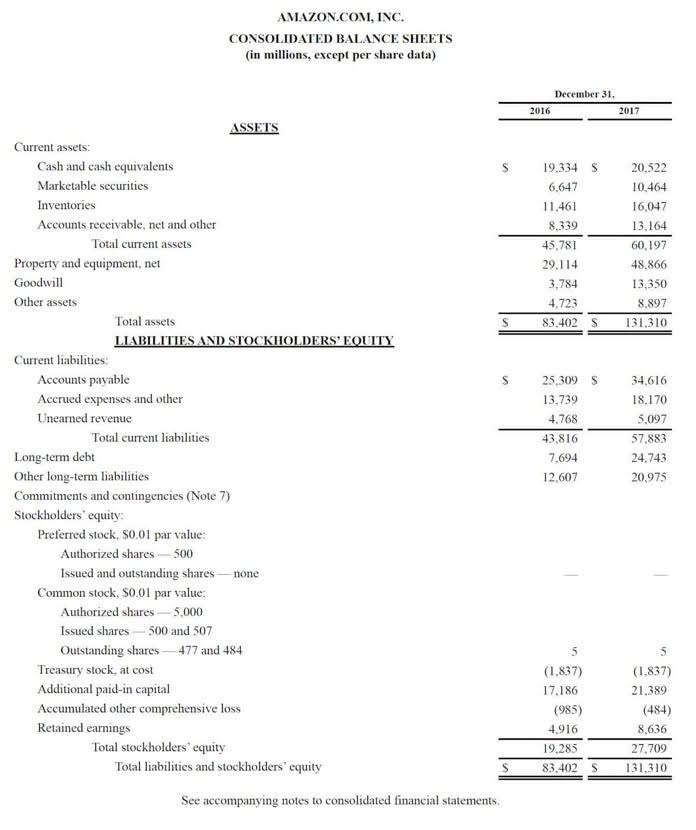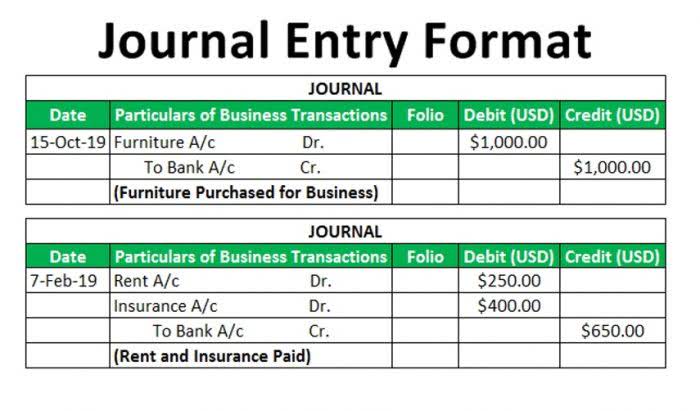
Generate client statements showing all outstanding and overdue invoices for payment. Statements can be produced for individual clients or multiple clients on a single invoice. It is the job of the general ledger to keep track of all of a company’s financial dealings. To guarantee a transparent and honest depiction of a company’s financial health, its proper upkeep and prompt updates are crucial.
Client Trust/IOLTA Account (Liability)

It is the central repository for a firm’s financial transactions, providing a detailed record of all income, expenses, assets, liabilities, and equity. Each transaction is tied to a sub-ledger account, giving you a clear picture of your firm’s performance and helping you make data-driven decisions. General ledger accounting, including law firms, is a central component of any business’s financial accounting system. It involves recording, summarizing, and organizing a firm’s financial transactions into a system of accounts. These accounts capture the firm’s assets, liabilities, income, expenses, and equity, providing a comprehensive view of the firm’s financial health. MyCase Legal Accounting is easy-to-use accounting software built seamlessly into the MyCase practice management platform to meet the unique business needs of law firms.

See Bench’s features in action
- Then, compare the bank statement with each client ledger to ensure they also match.
- Starting a legal firm is a declaration of independence, an opportunity to serve clients in new ways, and a chance to build something enduring in a competitive market.
- Although this list is not exhaustive, it underscores the need for law firms to consult tax professionals for tax compliance.
- Legal fee income is your firm’s primary revenue source, representing fees earned from billable legal work.
- A general ledger system also positively impacts client relationships, providing transparency and building trust through clear documentation of billable hours, fees, and expenses.
- Legal bookkeeping takes place before any accounting can occur and is an important administrative task for any law firm.
Anything leftover after services are complete will go back to the client. Bookkeepers summarize and organize all the firm’s financial transactions chronologically and systematically, which requires careful attention to detail. Law firm bookkeeping is a more traditional version of accounting that essentially lays the groundwork for incoming and outgoing cash flow. Start by learning about the typical accounts in a law firm’s chart of accounts. The chart will include a list of your accounts and transactions for each.

Accounting Reports
It offers a wide range of features to streamline financial management and improve efficiency. To avoid errors, law firms need a system that efficiently tracks billing, trust accounts, and payment schedules gym bookkeeping for each client. Trust account liabilities are another important liability for law companies.
QuickBooks Online and Sage provide detailed revenue reporting that integrates with practice management systems. Looking at real-time fee generation lets you compare performance across different time periods and spot trends that affect planning for the future. Journals and accounting ledgers may be mistaken for each other unearned revenue but they serve different purposes. While journals are used to record transactions chronologically, ledgers organize and summarize those transactions by account. In other words, a journal is like a diary of financial transactions, while a ledger is like a summary or index of those transactions.

Most of the time, law companies hold client funds like retainer fees, settlement payments, and court-awarded damages in trust. These funds are kept in a different trust account and are not thought of as the law firm’s property. The law firm has a fiduciary duty to make sure that these funds are handled and accounted for in the right way. Once you understand the basics, consider hiring an accountant, either as a contractor or as an employee.

Selecting Legal-Specific Accounting Software
The American Bar Association has several rules and regulations in place for IOLTAs, so you need to pay careful attention to these accounts. Beyond ensuring that all deposits are made in a timely manner and that all funds are accounted for, trust disbursements must also be accurate and timely. All funds in an IOLTA must be carefully tracked, and any movements in the account need to be clearly and promptly communicated. It is also essential that they are kept law firm general ledger accounts entirely separate from your existing transactional accounts.
It’s unethical to transfer unearned money from the trust account to your operating account to cover expenses for your firm or another client. You’d also be violating a number of other ethical duties, including failing to account for your client’s funds, commingling business and client funds, and failing to maintain accurate records. Centerbase is a cloud-based accounting software that offers law firms a flexible and scalable solution. It provides comprehensive features for financial management, accessible from anywhere with an internet connection. CosmoLex is a comprehensive cloud-based accounting software designed specifically for law firms.
Identifying and correcting these errors swiftly is essential to maintaining the accuracy of your general ledger for law firms. This practice is a key part of law firm financial management and is critical to remaining compliant with regulatory authorities. Each of these categories contains sub-accounts that offer further detail.
